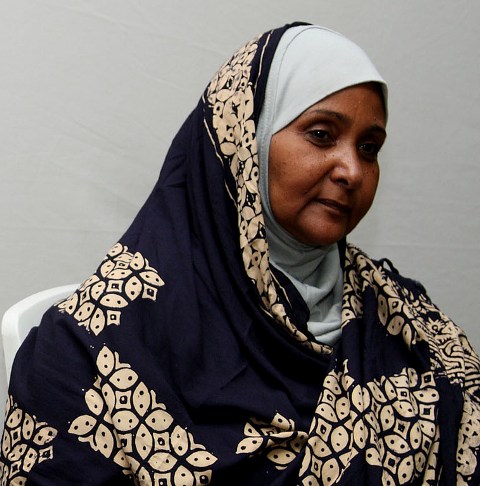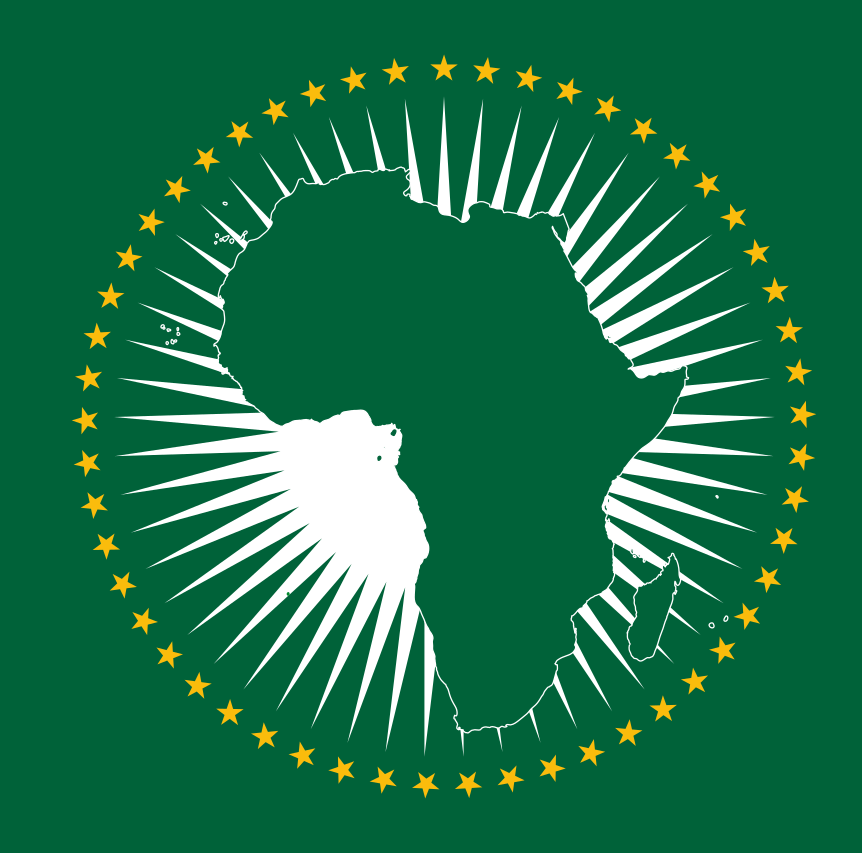By Abdi Ali
Published December 16, 2015
 Despite its insecure situation and the fact that many filmmakers have left the country, an international film festival focusing on human rights has just ended with an awards ceremony in the Afghani capital, Kabul.
Despite its insecure situation and the fact that many filmmakers have left the country, an international film festival focusing on human rights has just ended with an awards ceremony in the Afghani capital, Kabul.
RELATED:Rwandan Film Director Wins Humanitarian Award
The closing ceremony of the 3rd edition of Afghanistan Human Rights Film Festival (AHRFF) that was held on theme ‘Moving Forward Towards Lasting Change’, was held at Bagh-e-Babur, Queen Palace and a Special Human Rights Day screening at the UNAMA Screening Hall in Kabul.
Some 40 films that highlight issues touching on human dignity and global social justice were screened in 10 venues in Kabul during the six-day event that ran December 5 – 10, 2015.
“From deep-seated discrimination to the strength of the human spirit, this year’s films surprised, enlightened, denounced, disrupted and inspired,” Said Malek Shafi’i, founder and director of the festival, said in a media statement.
RELATED:Filmmaker with a Purpose Directs Second Full Length Fiction Film

Declaring 3rd AHRFF’a success’, Shafi’i said the festival was aimed at taking the audience to places where visual tellers are desperately needed to document the life of people, their dreams, their hopes and their struggles.
“With this message, we wanted to call and engage young emerging and recognised international and Afghan filmmakers to come together to keep telling human rights stories to a broader audience and to create new art forms to document human life and advocate for a better world. In Afghanistan, film has been used as a powerful tool for peace and dialogue, but mostly to defend and promote Human Rights values.â€
RELATED:Critical Motion Pictures Platform Marks 10 Years!
 The organisers say they first held AHRFF in 2011 as a forum that presents “stories of lives affected by war, discrimination and injustice. These stories are of people who have resisted oppression and fought against violence to create a more humane world.”
The organisers say they first held AHRFF in 2011 as a forum that presents “stories of lives affected by war, discrimination and injustice. These stories are of people who have resisted oppression and fought against violence to create a more humane world.”
Five years later, the festival is said to have connected Afghanistan’s current situation to other human rights stories from other parts of the world, making it one of the most powerful cinematographic stages that help Afghan filmmakers showcase their art while advocating for human rights issues.
That said, 3rd AHRFF, that showcased films from 16 countries with a selection committee comprising national and international filmmakers and human rights activists based in Kabul and abroad, presented the following prizes:
- The SALSAL Award:
Best Human Rights National Documentary to LONELINESS by Sabera Rezaei
Best Human Rights National Feature Film to ANGELUS NOVAS by Aboozar Amini
Best Human Rights International Documentary to BLOOD RELATIVE by Nimisha Mukerji
Best Human Rights International Feature Film to I AM REVA by Naures Sagar. - Certificates:
Best Actress to Khoshboo Yusifzai for WATER
Best Actor to Mortaza Alavi for MAZE
Best Director to Tareq Qayumi for TARGETING
Best Cinematographer to Sayed Masoud Islami for LOST BAG
Best Script to Masouma Ebrahimi for CIRCLE
Special Jury Award Certificate for Student Film to Sultan Ali Nazari for RUN WAY. - Special Award Certificates to “Human Rights Afghan Heroesâ€:
“Most Engaged Human Rights Activist†Award
Dr Sima Samar, for her commitment and engagement in the cause and promotion of Human Rights values in Afghanistan.
Baqi Samandar, for his role and commitment in advocating for the Elimination of Violence Against Women (EVAW) in Afghanistan. - Lifetime Achievement Award:
Engineer Latif Ahmadi, for his lifetime extraordinary achievements, commitment and outstanding contribution to the production and promotion of Afghan Cinema in Afghanistan and throughout the world.
RELATED:Short Animation Films and Episodes Wanted

Stressing that abuse of human rights happens all over the world, Shafi’i said film is one way human rights abuse can be exposed.
“Through our festival,” he says, “we have created a forum for powerful storytellers to empower audiences with the awareness that the commitment of each individual can make a real difference in today’s world. It’s a moment where we all stand up together to demand justice for all humanity.”





